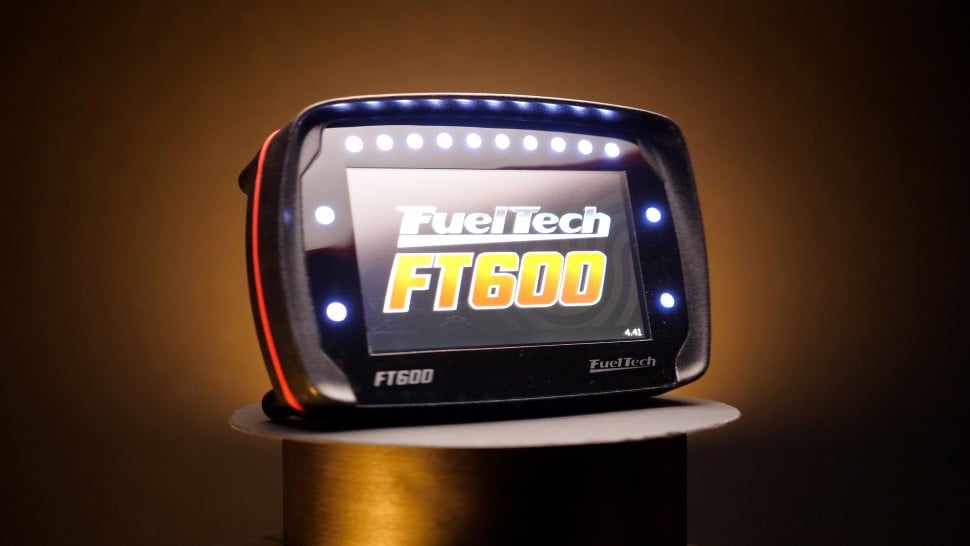| 00:00 |
- I've already briefly mentioned what you will need to actually reflash a stock ECU.
|
| 00:04 |
But in this module we're going to go into this in more detail.
|
| 00:07 |
When it comes to reflashing packages, they normally comprise two parts, a software interface for making the tuning changes and logging the ECU parameters and then a hardware interface that goes between the laptop and the OBD2 port.
|
| 00:18 |
This is normally an OBD2 to USB adaptor.
|
| 00:21 |
Of course for a commercial reflashing package, the developer needs to have a way of making money out of each vehicle you want to tune and this is typically done in two ways.
|
| 00:29 |
Either you purchase credits for each ECU you tune or you purchase a special tuning module for each vehicle you want to tune and this module remains with the car.
|
| 00:38 |
As an example, HPTuners, EFI Live and EcuTek work on the credits system.
|
| 00:43 |
While SCT provide a hardware module for each car you want to tune.
|
| 00:47 |
Normally the tuning module works out to be the more expensive approach however it does give some advantages to the vehicle owner.
|
| 00:53 |
As often the module can be used to clear fault codes, swap between different maps or even perform datalogging functions.
|
| 01:00 |
The other consideration with packages that use a tuning module is that for commercial tuning workshops, there can be a resonable investment in stock to ensure you have enough tuning modules on hand to cover your requirements.
|
| 01:09 |
If you're buying credits on the other hand, this can often be done online using the automated process so you can purchase just the credits you need for the job.
|
| 01:17 |
Unfortunately when it comes to the software used for reflashing an ECU, there is no universal option that can cross every platform and this is a frustration for those of us who are going to be tuning a wide variety of vehicles.
|
| 01:28 |
It means that firstly you'll need to invest in a range of different products to cover all your requirements and will also mean that you need to learn to use the different software packages.
|
| 01:37 |
If you're running a commercial tuning workshop then you need to consider carefully the vehicles you should expect to be popular in your area.
|
| 01:43 |
As providing reflash support for a wide range of vehicles can be very expensive if you're investing in commercial tuning platforms.
|
| 01:49 |
Of course our initial outlay will be recouped over time but there's little point investing several thousand dollars to support vehicles that aren't popular in your area.
|
| 01:57 |
It should go without saying the you're also going to need a laptop to perform your tuning.
|
| 02:01 |
Tuning isn't a particularly CPU intensive process as far as laptops go so you definitely won't need one of the latest or most powerful models to get the job done.
|
| 02:10 |
Generally tuning laptops get a pretty hard time in the field as well and are constantly being subjected to vibration, harshness, being tossed around or in smokey environments.
|
| 02:19 |
I wouldn't expect it to last very long.
|
| 02:21 |
I'm normally happy if I can get two years or so out of a tuning laptop so it doesn't make a lot of sense to spend a lot of money here.
|
| 02:27 |
I'd recommend a PC based laptop and look for one with at least three USB ports as they'll quickly get filled up with whatever you're using to tune.
|
| 02:35 |
They also might break and it's nice to have extra ones on the PC.
|
| 02:39 |
It's also worth considering a solid state hard drive as they're less likely to be damaged by vibration and harshness.
|





